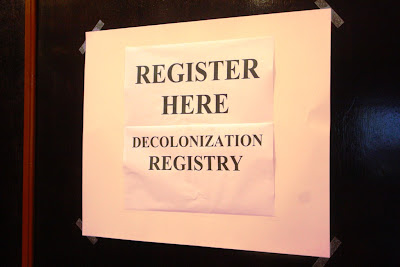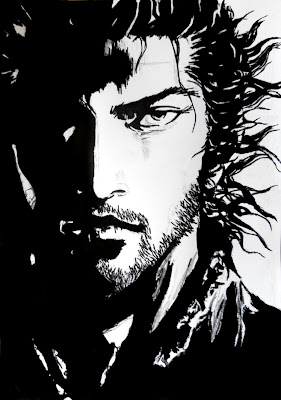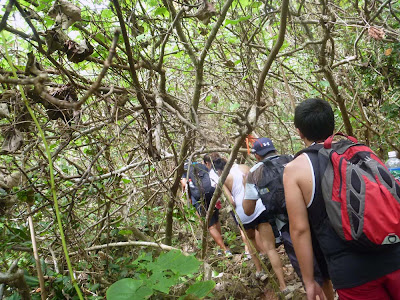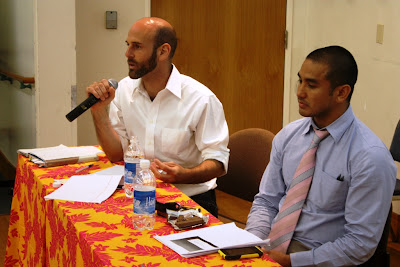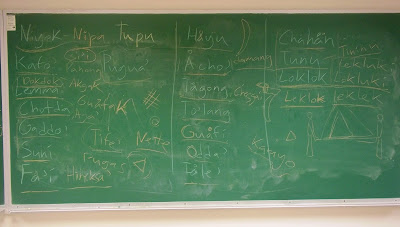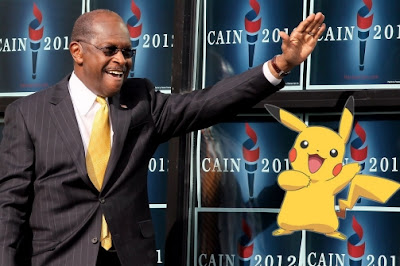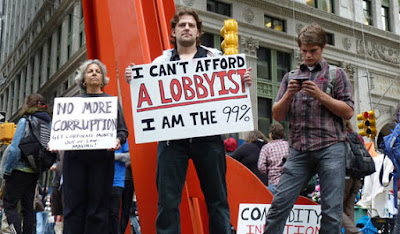Historic Hagatna
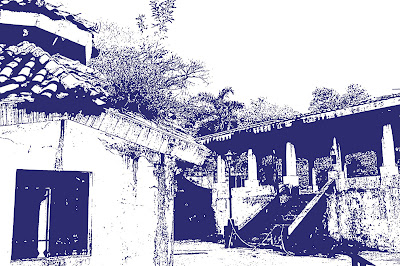
This past Saturday I took my Guam History students for a historical scavenger hunt in the historic area of Hagatna. It was a fun experience as I gave them 10 vague clues that were connected to different things in hopes of forcing them to go around and try to find what connections I was referring to. My students learned far more than they probably thought they would, the most important lesson being a simple one; history is everywhere, and it is always there in layers upon layers. Just because you drive by it or have a vague idea of what is there, it doesn't mean that you know it or understand it. People who have been to Hagatna countless times, found that they basically knew nothing about it. While I was waiting for the students to finish their rounds I decided to take some pictures of different sites around Guam's capital and formerly largest village. I found a couple things I hadn't noticed before, which is always nice as a historian. Although I may know more than most a
